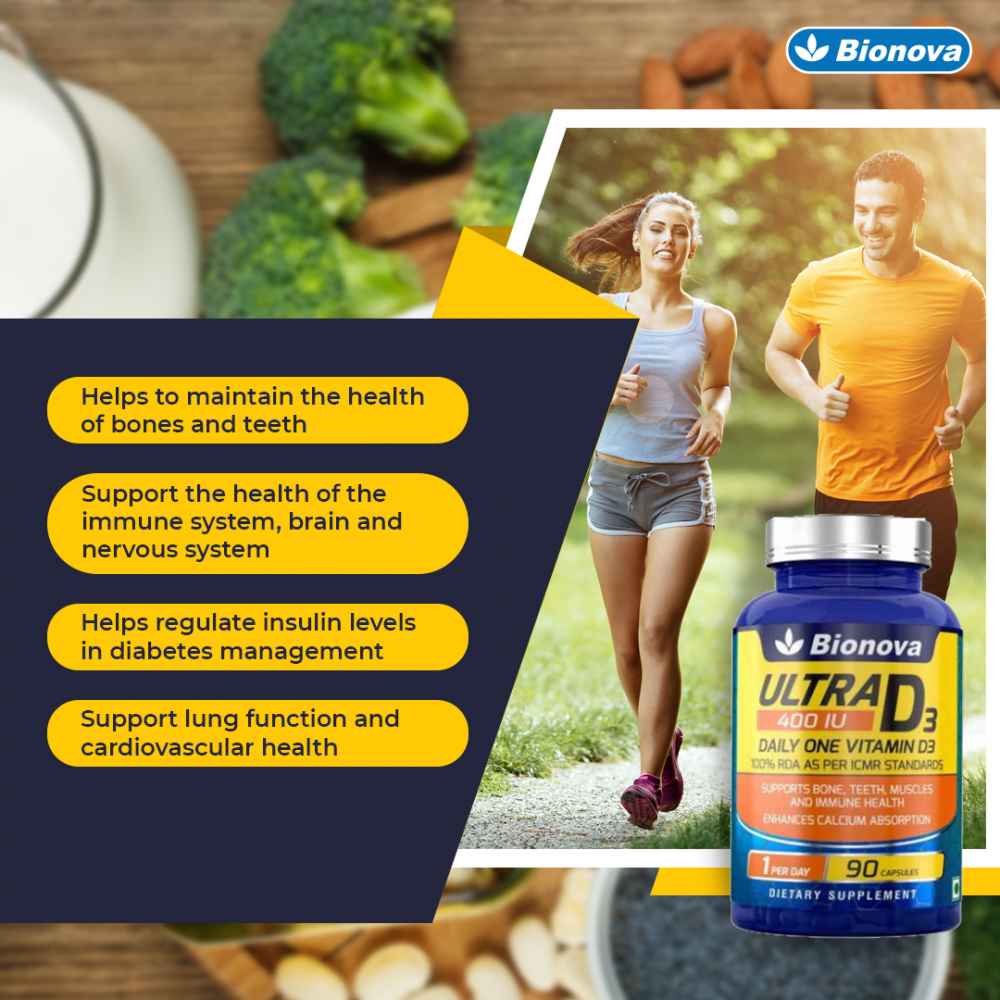Proper hydration is a cornerstone of fitness and overall health. The human body is composed of approximately 60% water, highlighting its importance in our daily functions. Water is essential for various physiological processes, including temperature regulation, joint lubrication, nutrient transport, and waste removal. When it comes to fitness, hydration plays a critical role in performance, recovery, and overall well-being.
This article will explore the importance of hydration in fitness, including how much water to drink before, during, and after a workout, as well as effective methods of hydrating the body post-exercise.
How Much Water to Drink Before a Workout
Hydration starts well before you begin your workout. Ensuring that your body is adequately hydrated prior to exercising can help prevent dehydration and enhance performance. It’s generally recommended to drink about 16-20 ounces of water at least 2-3 hours before you start exercising. This gives your body sufficient time to absorb the water and optimize your hydration levels.
In the 20-30 minutes leading up to your workout, aim to drink another 8-10 ounces of water. This helps to top off your fluid levels and ensures that your body is ready to perform at its best. For individuals engaging in particularly intense or prolonged exercise, it might also be beneficial to consume a sports drink that contains electrolytes to help maintain the balance of sodium, potassium, and other essential minerals.
Should You Drink Water While Working Out?
Yes, staying hydrated during your workout is crucial. As you exercise, your body loses water through sweat, and it’s important to replace these fluids to maintain performance and prevent dehydration. The amount of water you should drink during your workout depends on several factors, including the intensity and duration of your exercise, the temperature and humidity of your environment, and your individual sweat rate.
A good general guideline is to drink about 7-10 ounces of water every 10-20 minutes during exercise. For workouts lasting longer than an hour, consider incorporating a sports drink to replenish lost electrolytes along with water. This is particularly important in hot or humid conditions, where sweat loss is more significant.
How Much Water to Drink After a Workout
Rehydrating after a workout is essential for recovery and to restore the fluid balance in your body. The goal is to replace the fluids lost through sweat and to aid in the recovery process. A common recommendation is to drink about 16-24 ounces of water for every pound of body weight lost during exercise. Weighing yourself before and after a workout can give you a good estimate of your fluid loss and help you determine how much water you need to drink.
In addition to water, consuming beverages that contain electrolytes can also be beneficial, especially after prolonged or intense exercise. Electrolyte-rich drinks help to replenish sodium, potassium, and other minerals lost through sweat, supporting muscle function and preventing cramps.
Two Methods of Hydrating the Body After Exercise
1. Drinking Water and Electrolyte-Rich Beverages
The most straightforward method of rehydration is to drink water and beverages that contain electrolytes. Water is the most accessible and effective way to rehydrate the body, but in some cases, electrolyte replacement is also necessary. Sports drinks, coconut water, and electrolyte tablets can help restore the balance of sodium, potassium, magnesium, and calcium in your body.
- Sports Drinks: These beverages are specifically designed to replace fluids and electrolytes lost during exercise. They often contain carbohydrates as well, which can provide an energy boost and aid in glycogen replenishment.
- Coconut Water: This natural alternative to sports drinks is rich in potassium and contains natural sugars and electrolytes. It’s a great option for rehydration after moderate-intensity workouts.
- Electrolyte Tablets: These can be added to water to create a customized hydration solution. They are convenient for athletes who need to carry their hydration supplies with them.
2. Consuming Hydrating Foods
Another effective method of rehydration is through the consumption of hydrating foods. Many fruits and vegetables have high water content and can contribute significantly to your daily fluid intake. Some examples of hydrating foods include:
- Watermelon: Composed of about 92% water, watermelon is an excellent choice for rehydration. It also contains vitamins A, B6, and C, as well as antioxidants.
- Cucumbers: With a water content of about 95%, cucumbers are one of the most hydrating vegetables. They also provide a good source of fiber and several essential vitamins and minerals.
- Oranges: These fruits are about 86% water and are rich in vitamin C, potassium, and fiber. They can help replenish electrolytes and provide a quick source of energy.
- Strawberries: Composed of about 91% water, strawberries are not only hydrating but also packed with vitamins, fiber, and antioxidants.
Including these hydrating foods in your post-workout meal or snack can aid in the rehydration process and provide essential nutrients that support recovery.
Conclusion
Hydration is a vital component of fitness and overall health. Proper hydration before, during, and after exercise ensures optimal performance, enhances recovery, and supports overall well-being. By following guidelines for water intake and incorporating hydrating foods and beverages into your routine, you can maintain proper hydration levels and enjoy the full benefits of your fitness efforts. Remember, every individual’s hydration needs can vary, so it’s important to listen to your body and adjust your fluid intake accordingly.

